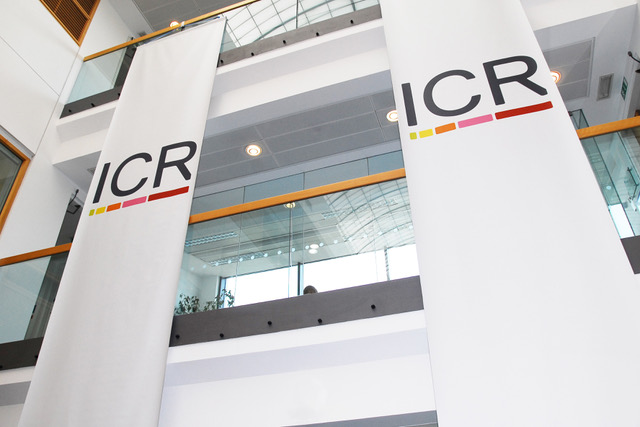ICR study supports used of new radioactive treatment for advanced prostate cancer
12 Sep 2023
Clinical ResultPhase 3Radiation Therapy

Preview
Source: PMLiVE
Researchers at the Institute of Cancer Research (ICR)Cancer Research (ICR), the Royal Marsden NHS Foundation Trust and the Gustave Roussy have shown that a new radioactive medicine greatly improves the quality of life for patients with advanced prostate cancer.
The study assessed 617 PSMA-positive advanced prostate cancer patients who had already received at least one targeted hormone treatment, including enzalutamide or abiraterone, alongside chemotherapy.
PSMA is a protein present at higher levels on the surface of cancer cells in some prostate cancer patients.
As part of the VISION trial, partially led by researchers at the ICR, the phase 3 study showed that patients dosed with the 'search and destroy’ drug, Lu-PSMA (177Lu-PSMA-617), experienced a higher quality of life as well as higher chances of survival compared to those treated with standard care alone.
By seeking out tumour cells with high levels of PSMA and binding them together to deliver a targeted dose of radiation to eliminate the cancer, the researchers found that it took 9.7 months for Lu-PSMA-dosed patients’ quality of life to worsen and 14.3 months for symptoms to worsen, compared to 2.4 months and 2.9 months for patients receiving standard care.
Measures for general state of health took 0.9 months to worsen for patients who received Lu-PSMA, compared to 0.4 months for those receiving standard care.
Professor of experimental cancer medicine at ICR and consultant medical oncologist at the Royal Marsden NHS Foundation Trust, Johann De Bono, said: "For men with advanced prostate cancer… finding new treatments that not only improve survival but also reduce pain and improve quality of life is extremely important."
Experts are now calling for the National Institute for Health and Care Excellence (NICE) to assess whether the treatment should be made available on the NHS for patients with the condition.
For more details,please visit the original website
The content of the article does not represent any opinions of Synapse and its affiliated companies. If there is any copyright infringement or error, please contact us, and we will deal with it within 24 hours.
Indications
Targets
Drugs
Chat with Hiro
Hot reports
Get started for free today!
Accelerate Strategic R&D decision making with Synapse, PatSnap’s AI-powered Connected Innovation Intelligence Platform Built for Life Sciences Professionals.
Start your data trial now!
Synapse data is also accessible to external entities via APIs or data packages. Empower better decisions with the latest in pharmaceutical intelligence.



